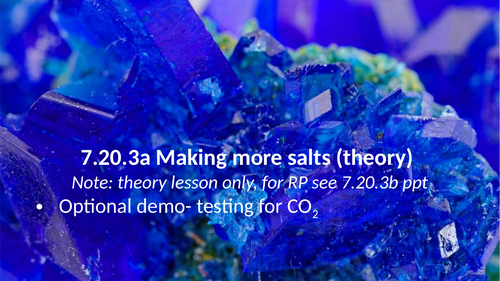CMG’s Science lessons
My comprehensive collection of classroom-based resources caters to KS3 and KS4 science, aligned with the AQA specification. Additionally, I offer a range of distance learning resources to support flexible learning environments. For the latest updates on resources and new releases, be sure to visit my website




















